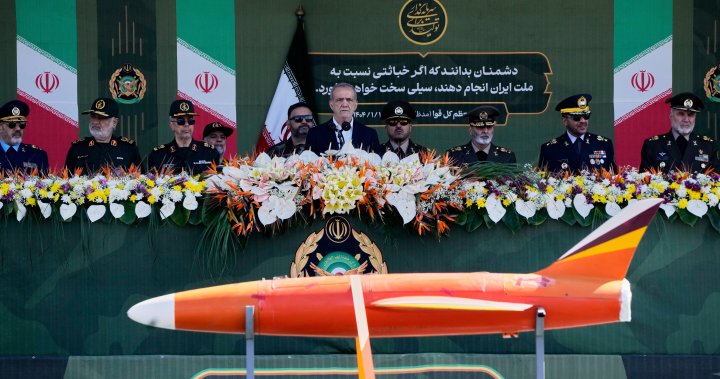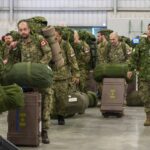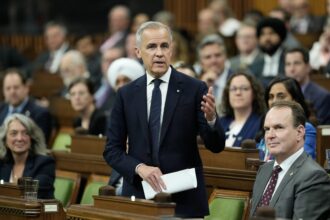Iranian Official Canada Election Controversy Sparks Political Party Reactions
As Canada’s federal election campaign intensifies, new revelations about the presence of Iranian officials on Canadian soil have ignited fierce debate across the political spectrum. Intelligence sources confirmed yesterday that a 20th Iranian regime official has been identified living in Canada, despite Ottawa’s diplomatic freeze with Tehran and growing concerns about foreign interference.
The discovery comes amid heightened scrutiny of Canada’s immigration and security protocols, with opposition parties demanding answers about how individuals connected to a regime Canada officially designates as sponsoring terrorism could establish residence here. According to security experts consulted by CO24, these officials may have entered through various channels, including diplomatic missions, academic programs, or family reunification pathways.
“This pattern suggests serious vulnerabilities in our screening procedures,” said Dr. Amir Bahrani, a foreign policy analyst at the University of Toronto. “The presence of multiple officials tied to a hostile regime raises legitimate national security questions that transcend partisan politics.”
Conservative Party Response
Conservative Leader Pierre Poilievre wasted no time addressing the controversy, characterizing it as evidence of a “catastrophic failure” in Canada’s border security. During a campaign stop in Vancouver, Poilievre promised a comprehensive review of immigration protocols and pledged to establish a counter-foreign interference agency if elected.
“Every day Canadians learn about new threats that have been allowed to enter our country under this government’s watch,” Poilievre told supporters. “We need a government that prioritizes the safety and security of Canadians first.”
Liberal Party Response
The Liberal campaign has responded by highlighting actions already taken against Iranian influence, including sanctions imposed on senior Iranian officials and the Revolutionary Guard Corps. Prime Minister Justin Trudeau defended his government’s approach when questioned at a campaign event in Montreal.
“We have been crystal clear about our position on the Iranian regime,” Trudeau stated. “We’ve implemented some of the toughest sanctions globally and continue to work with our intelligence agencies to protect Canadians from threats both foreign and domestic.”
NDP Response
The NDP has called for a balanced approach, emphasizing the importance of distinguishing between legitimate Iranian immigrants and those with connections to the Tehran regime. NDP Leader Jagmeet Singh proposed creating a specialized task force to investigate potential foreign agents while protecting the rights of innocent Iranian-Canadians.
“We must ensure our national security while not stigmatizing entire communities,” Singh said during a speech in Winnipeg. “The Iranian-Canadian community includes many who fled persecution and deserve our protection, not suspicion.”
Public Opinion and Reactions
According to CO24 News polling data, national security concerns have risen to the top five election issues for voters, marking a significant shift from previous electoral cycles. Nearly 68% of respondents expressed concern about foreign interference in Canadian institutions.
The controversy has particularly resonated in districts with large Iranian-Canadian populations, where community leaders have expressed mixed reactions. Some welcome increased scrutiny of regime-connected individuals, while others worry about potential backlash against their communities.
“Many of us came to Canada fleeing this very regime,” said Sara Mohammadi, director of the Iranian Canadian Congress. “We support measures to keep Canada safe from the Islamic Republic’s influence, but we also need assurance that innocent Iranian-Canadians won’t face discrimination as a result.”
Economic and Foreign Policy Implications
Financial markets have shown minimal reaction to the controversy thus far, with business analysts suggesting the political debate has not yet raised concerns about Canada’s investment climate or trade relationships. However, foreign policy experts note that continued revelations could potentially impact diplomatic and economic relationships, particularly if they suggest systemic security vulnerabilities.
As the federal campaign continues, this issue raises profound questions about the balance between national security imperatives and Canada’s traditional openness to immigration. How effectively can our democratic institutions protect against foreign interference while preserving the values that make Canada a destination for those seeking refuge from authoritarian regimes?










